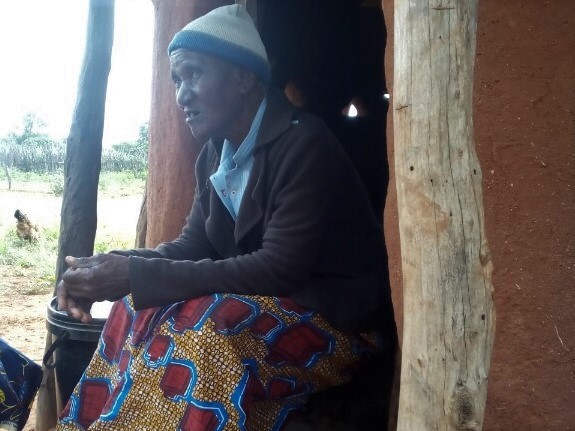COVID-19 lockdown leads to spike in domestic violence cases in Zimbabwe
Enddy Ziyera
Zimbabwe
Reporting topics:
Health, Covid-19, water, gender based violence, women, children, people with disabilities
Advocacy groups say one in three women in Zimbabwe is a victim of domestic violence. The COVID-19 lockdown has seen a spike in cases of domestic violence across the country with experts saying the mental strain caused by job losses, lockdown restrictions are fuelling domestic tensions leading to unprecedented levels of abuse behind the locked doors.
30-year-old Alicia committed suicide early this year. She hung herself leaving behind 3 malnourished children. She was pushed to the edge. Her abusive husband was the family’s only breadwinner and he had stopped caring for the children instead of spending all his income on alcohol and extramarital affairs. Alicia and her children survived on scraps. The final stroke on the camel’s back was Alicia’s husband chasing her away together with the children so that he can take a new wife.
The Musasa Project national GBV Hotline recorded 6,832 GBV calls from the beginning of the lockdown on 30 March until the end of December 2020. This was a 40 percent increase from the pre-lockdown trends. These are only cases received by hotline with fears that the numbers could be staggering as many do not call in like the late Alicia whose situation was worsened by not having a cellphone to communicate with the outside world.
An Amnesty International briefing found that just like in other Southern African countries, in Zimbabwe, the COVID-19 lockdown has seen homes transform into hives violence against women, rape, cruelty, and abuse. There are reported cases of women who have been killed by their partners during the lockdown, while teenage girls have been married off by abusive family members.
This article was written by ECID’s Community Engagement Officer Michito in co-production with Our True Voice community reporter, Enddy Ziyera , who was reporting on this issue in his community.


